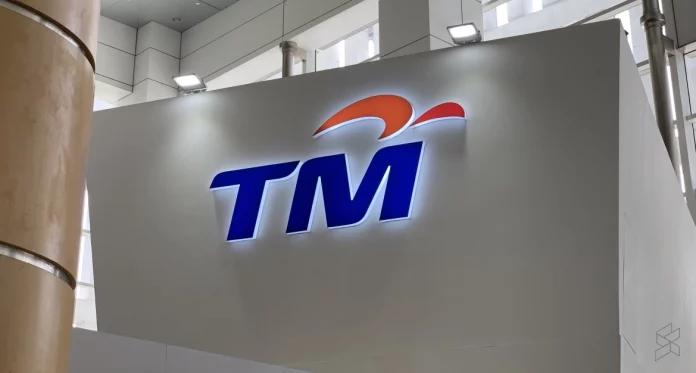TM has published its Task Force on Climate-related Financial Disclosures (TCFD) report 2 years ahead of Bursa Malaysia’s December 2025 target requirement for public listed companies to align their reporting with TCFD.
The group aligned 9 out of 11 TCFD recommendations for the financial year ended 31 December 2022
“Towards becoming a human-centred TechCo, we are aware of our role in facilitating Malaysia’s transition towards a low-carbon future. Through this TCFD exercise, we have sought to build upon our existing initiatives and provide a future-focused examination on how climate change will impact our business. These insights will provide an important foundation that will enable us to continually improve our responses to climate change across each aspect of our value chain,” said Razidan Ghazalli, Group Chief Financial Officer, TM who also spearheads TM’s TCFD taskforce.
“Our decision to embrace TCFD reporting demonstrates our dedication to upholding the highest standards of environmental, social, and governance practices,” said Datuk Imri Mokhtar, Group Chief Executive Officer.
Developed in 2022, TM’s ESG Roadmap sets forth a clear vision, commitments, and execution plans across the three pillars of environment, social, and governance.
As part of its efforts to combat climate change, the group launched several impactful initiatives aimed at achieving its goal of reaching net zero emissions by 2050. In 2022 alone, significant strides were made, including:
· Renewable Energy-Powered Data Centres – Three of its core data centres are now powered by renewable energy. This transition to clean energy sources significantly reduces carbon emissions associated with data centre operations.
· Network Modernisation for Efficiency -By implementing high-efficiency network elements and retiring legacy components, TM ensures that its network infrastructure operates at maximum efficiency. This strategic approach minimises energy waste and aligns with the overall objective of reducing carbon footprint.
· Energy-Efficient Air-Conditioning Upgrade – In reducing energy consumption, more than 560 conventional air-conditioning units have been replaced with more energy-efficient inverter air-conditioning systems. This transition to energy-saving technology not only contributes to lower carbon emissions but also leads to substantial energy cost savings.
By incorporating renewable energy, optimising network infrastructure, and investing in energy-efficient technologies, TM said it is proactively working towards a greener future.









